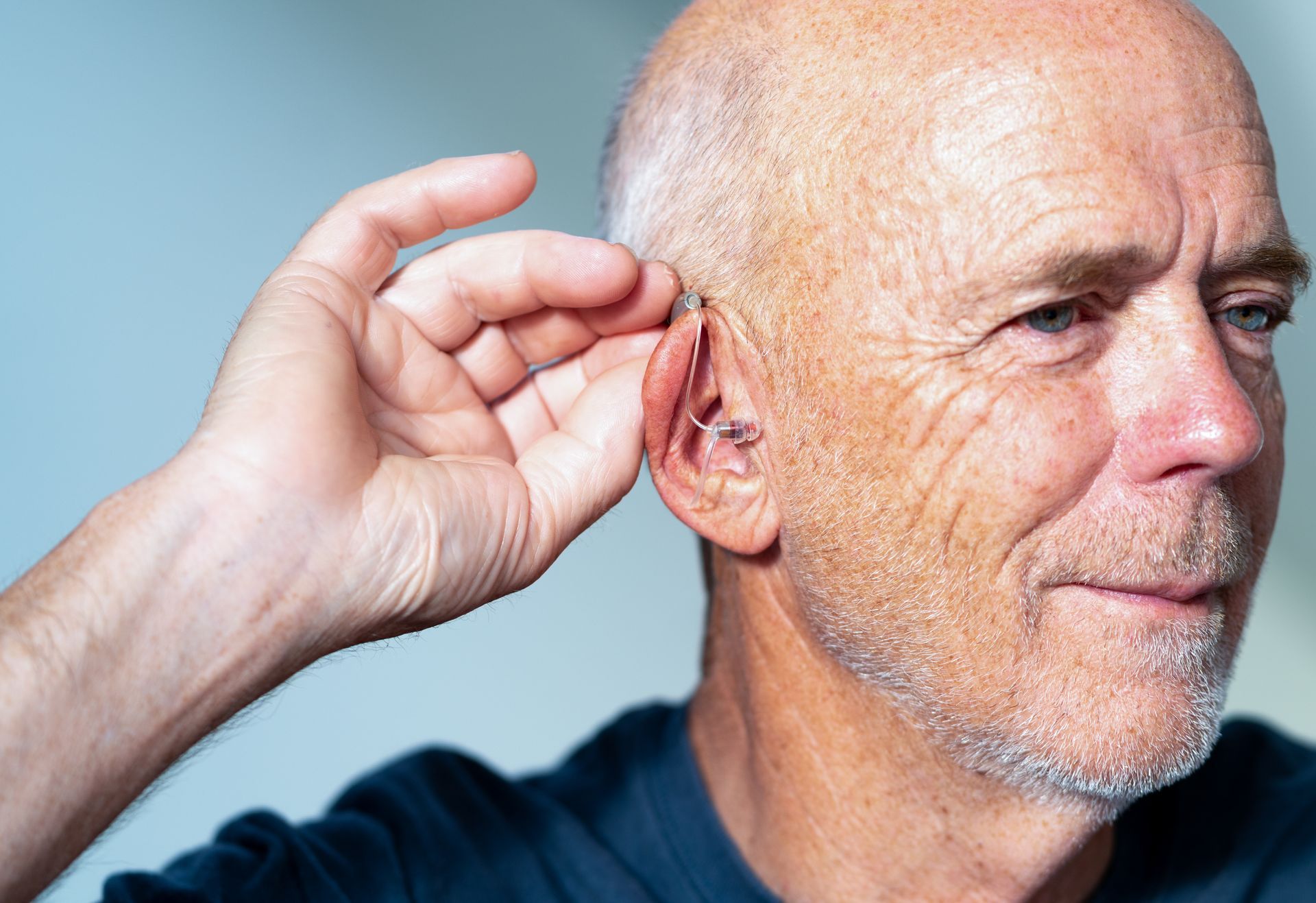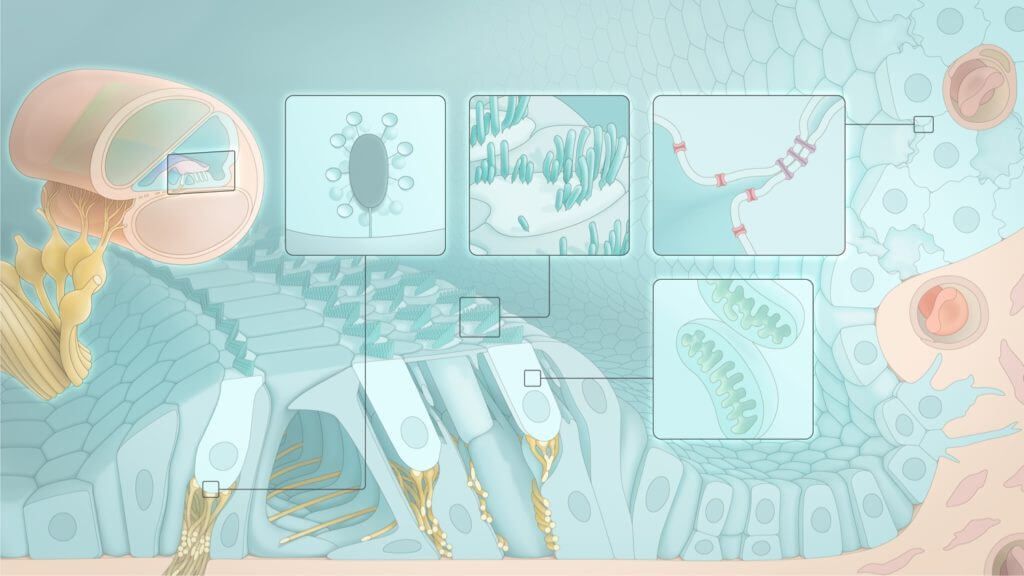Understanding Infant Hearing Loss
Navigating the early stages of your child’s life is an exciting and sometimes overwhelming experience filled with many important things to learn. One crucial aspect of your child’s development is their hearing health.
Understanding infant hearing loss can be overwhelming, but recognizing the signs and knowing the steps to take if your child is diagnosed with hearing loss can empower you on this journey.
Causes of Congenital Hearing Loss
Hearing loss in infants can be either congenital (present at birth) or acquired (developed later). Congenital causes may include but are not limited to infections, premature birth, birth injuries, low birth weight, lack of oxygen at birth, maternal diabetes, drug or alcohol use during pregnancy, high blood pressure during pregnancy and genetics.
Genetic factors are responsible for 50% of hearing loss cases. These can be syndromic (associated with conditions like Down syndrome or Treacher Collins syndrome) or nonsyndromic (inherited hearing loss without other associated symptoms). Your provider may be able to look at your family history and run a few tests to identify if your child is likely to have genetic hearing loss. While you won’t be able to change the outcome, knowing about your child’s hearing loss ahead of time can help you prepare.
Infant Screenings and Signs of Hearing Loss
In 2020, over 98% of newborns in the U.S. were screened for hearing loss shortly after birth. This early detection is crucial, but parents should also watch for signs of hearing loss developing later, including a lack of response to sounds or delayed language development.
What Are Your Treatment Options?
Depending on your child’s type and severity of hearing loss, their audiologist may recommend hearing aids, cochlear implants or speech therapy:
- Hearing aids are suitable for infants within the first few weeks or months. These small but advanced devices work by amplifying sounds to help those with mild to profound hearing loss understand the world around them.
- A child with profound hearing loss may be a candidate for cochlear implants at nine months old. Cochlear implants are surgically implanted devices that bypass damaged ear parts to aid those with severe hearing loss who are unresponsive to hearing aids.
- Speech therapy is essential for developing communication skills. To help avoid delays in language development, it is best to start speech therapy early.
Learning that your child has hearing loss can be daunting, but know that the experts at Center For Hearing are here to support you through your journey.
- The Relationship Between Exercise and Hearing Loss
- Muffled Hearing: Common Causes and Solutions
- Are There Apps for Tinnitus Management



